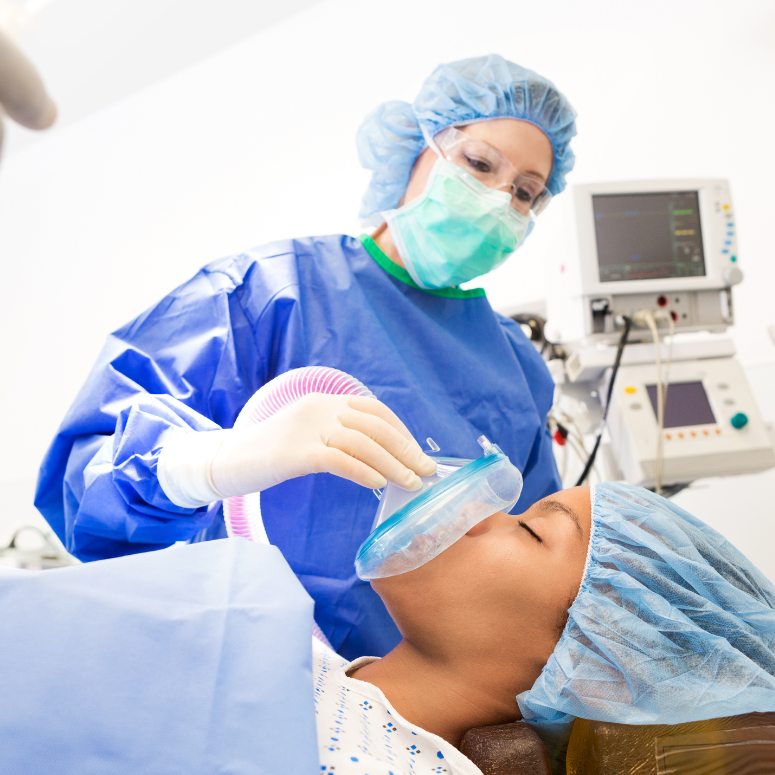What is laughing gas and what does it do?
Laughing gas, scientifically known as nitrous oxide, is a colorless, non-flammable gas with a slightly sweet odor. It is commonly used in dentistry and medical procedures as a sedative and analgesic agent due to its calming and pain-relieving effects.
When inhaled, laughing gas induces a state of mild euphoria and relaxation, which helps reduce anxiety and discomfort during procedures. The effects of the gas are quick to set in and also quick to wear off once inhalation stops. This makes it a preferred choice for short dental treatments because patients can recover quickly and usually drive themselves home after the procedure.
Laughing gas is administered through a mask that fits over the nose, allowing the patient to breathe in the gas mixed with oxygen. The patient remains conscious and can respond to instructions but feels more at ease and less sensitive to pain.



